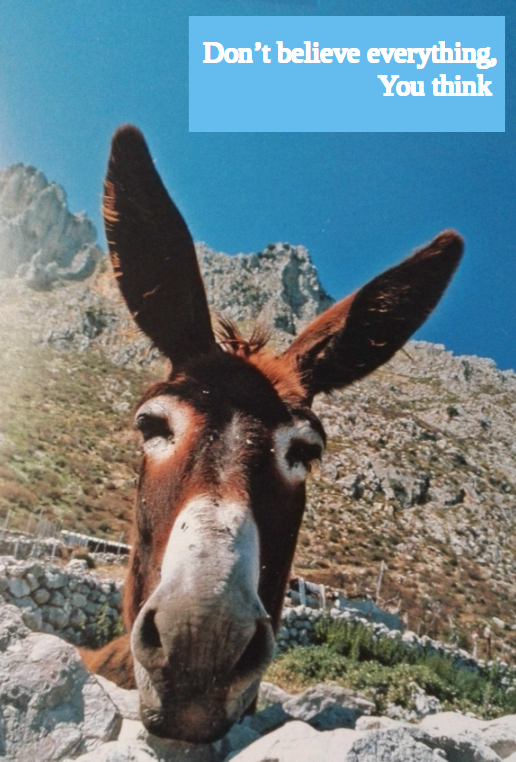Marshall talks about a key differentiation of compassionate communication: Observation vs. Evaluation
The map is not the territory – the danger of words.
Jiddu Krishnamurti – inspiration for Marshall – talks about observation
Eckard Tolle talks about observation without evaluation
Observing is the highest form of human intelligence: Krishnamurti
Why?
The art of observing is learned by becoming aware of our constant interpretations of what we see, hear and perceive in each moment. Becoming aware of what we add to the pure input we are getting from our sensory system.
- The perceptions of the eye: seeing
- The perceptions of the ear: hearing
- The perceptions of the tongue: tasting
- The perceptions of the skin: touching
- The perceptions of the nose: smelling
- The perceptions of the mind: thinking
Their is a shapeless awareness before we evaluate this sensory input from our perceptions. We can train to be aware of this moment before we apply a signifier to our perception and we actually train ourselves to try to lengthen that moment of staying outside of the habitual signifying activity of our mind.
Awareness can be there outside of language, but usually our perceptions contribute to a certain perception “a car” … “a branch of wood from a tree” … “a piece of paper” – rather than just seeing patches of color and not seeing separate objects.
Futhermore we instantly decide if something is of interest to us, if something can help us to lead more happy life or if it is potentially harmful, not life-serving for us, or if we are neutral, indifferent towards something.
For example, walking outside alone, how do you experience people coming toward you? Do you scan for something in people, such as “friendly or hostile” or “attractive or not attractive” or “do they see and acknowledge me or not?”
You may start this internal observation of how you relate to people in this specific situation and find out that the way you meet people may have a lot to do with who you are and how you feel.
The key is to be able to observe our internal attention – where does it go, where does it get distracting.
All of this activity of internal observation can be subsummed as watering the seed of mindfulness vs. watering the seed of forgetfulness. We can learn that our unconscious normal observation is full of interpretations and judgments and that those additions are in facts telling us a lot about ourselves.
Perceiving is an action and all actions are motivated by human needs.
A “neutral” observation – is it even posssible?
I leave this question open for now.
Rilke: Loving the questions
Believing my thoughts

